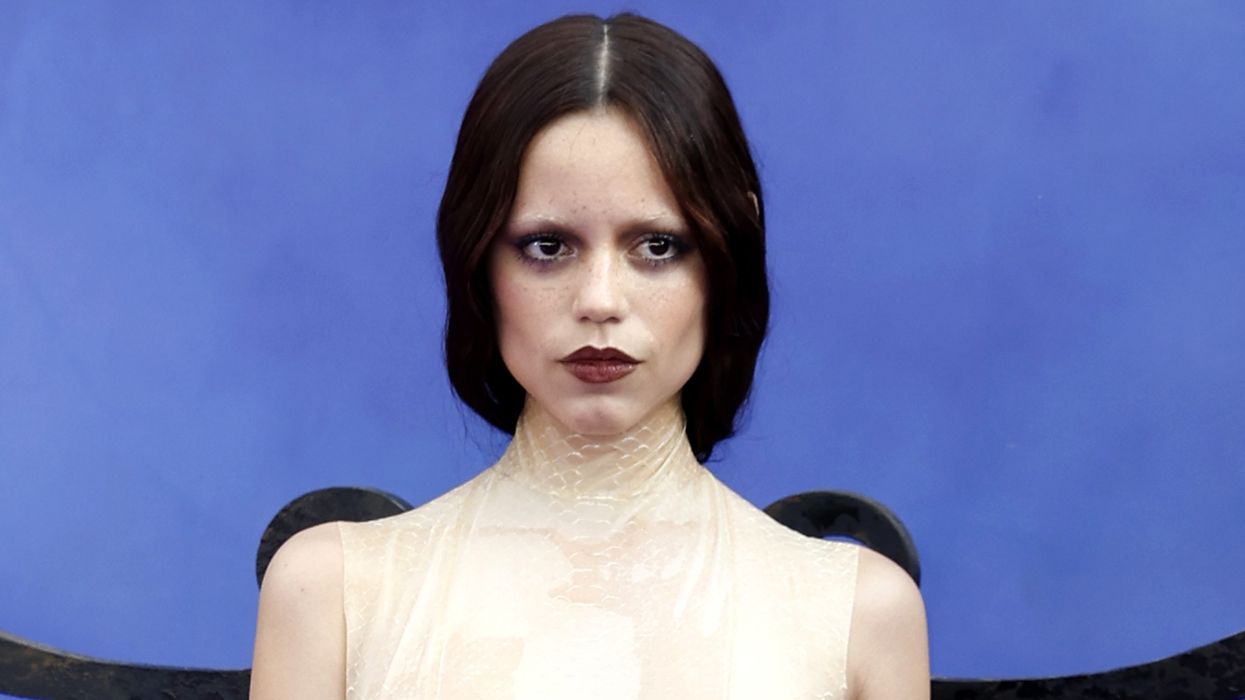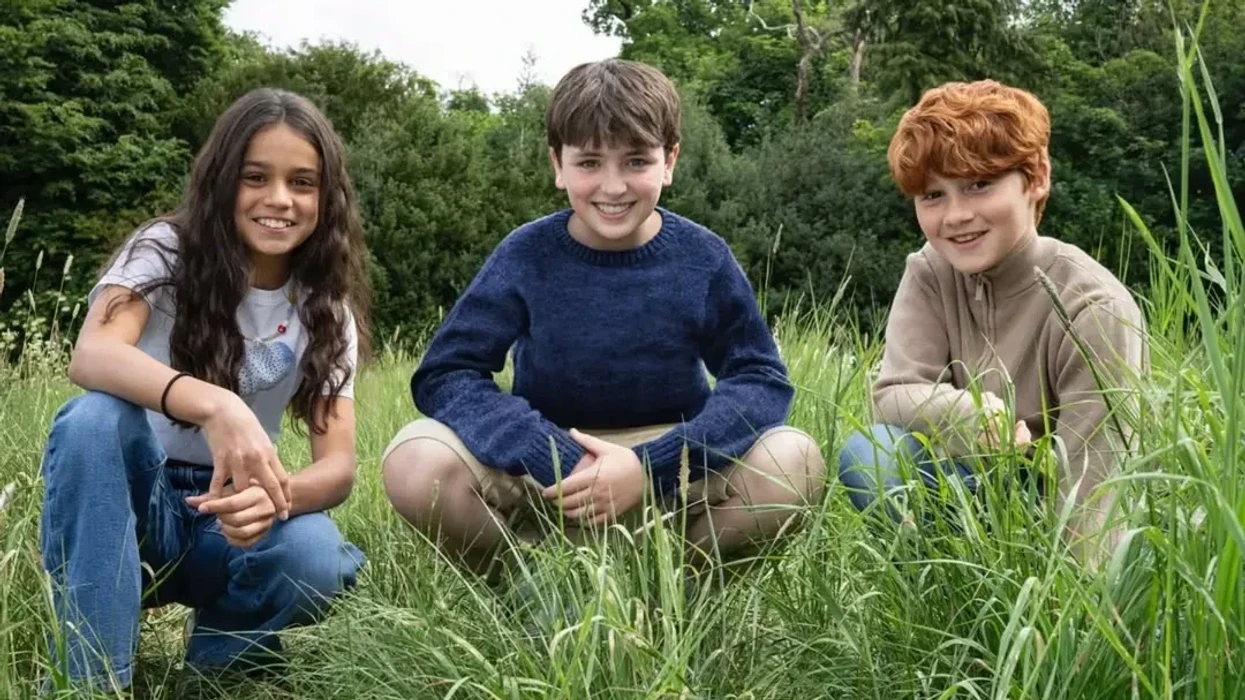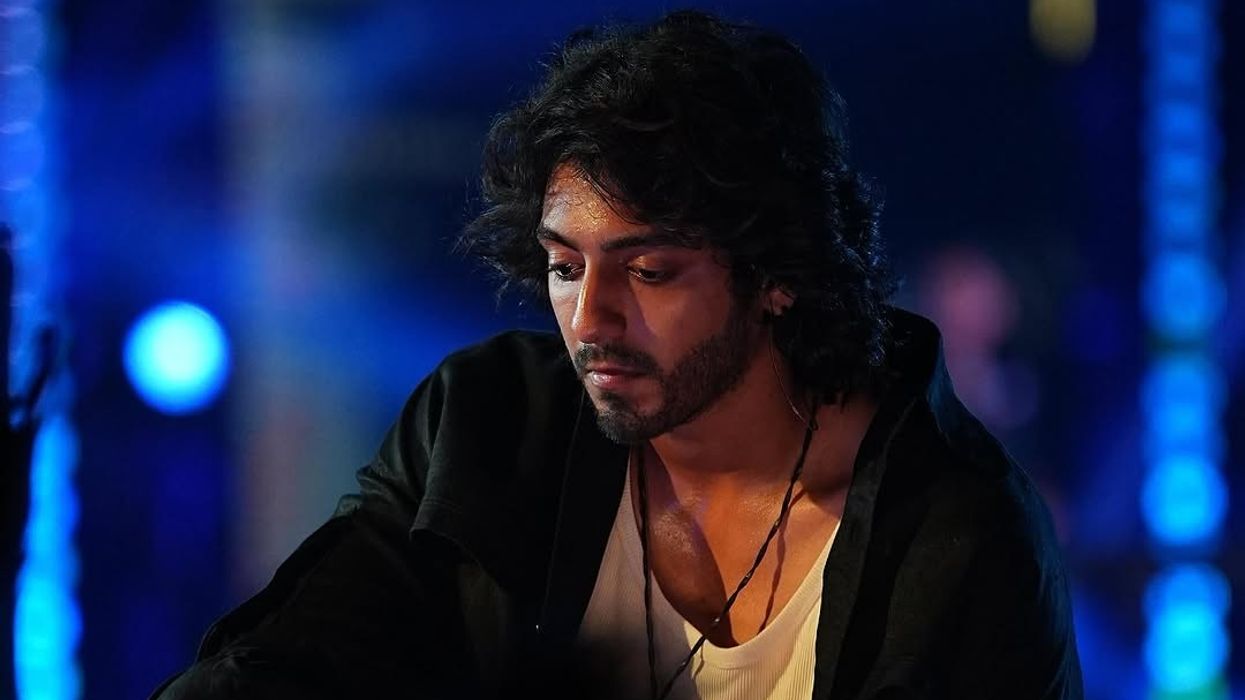Bitcoin has once again become the focal point of the global financial markets. After surging past the $110,000 mark and then experiencing sharp corrections, the market is actively debating the long-term impact of the 2024 halving event, the continued inflows into U.S. Bitcoin spot ETFs, and Bitcoin’s role as a hedge against inflation. While institutions are accelerating their adoption, more individual investors are seeking safer and more stable ways to participate in the cryptocurrency wave.
Cloud mining has emerged as a popular choice, with BJMINING standing out thanks to its professional operations and global infrastructure. According to reports, investors on BJMINING are achieving daily returns of over $5,700, offering greater stability and risk resistance compared to holding volatile spot assets directly.
Advantages of BJMINING Cloud Mining
Instant Activation: Mining starts immediately after purchasing a contract, no hardware required.
Multi-Currency Support: BTC, ETH, LTC, DOGE, XRP, SOL, USDT, USDC, and more.
Stable Daily Yields: Fixed daily payouts with no hidden fees or additional maintenance costs.
Global Network: 60+ mining farms across North America, Europe, and Asia ensure reliable performance.
Secure & Transparent: Professional risk control and transparent operations safeguard investors’ interests.
Contract Project | Invested Amount | Duration | Total Profit |
WhatsMiner M50S+ | $100 | 2 days | $100 + $6 |
WhatsMiner M60S++ | $600 | 7 days | $600 + $52.50 |
Avalon Miner A1566 | $1,200 | 15 days | $1,200 + $234 |
WhatsMiner M66S+ | $5,800 | 30 days | $5,800 + $2,610 |
Antminer L7 | $12,000 | 40 days | $12,000 + $8,160 |
ANTSPACE HD5 | $96,000 | 54 days | $96,000 + $119,232 |
Founded in 2015 and headquartered in the United Kingdom, BJMINING is one of the world’s leading cloud mining platforms. The company operates over 60 mining farms worldwide, serving more than 6 million active investors across 180+ countries. With advanced mining equipment, sustainable energy utilization, and a transparent management model, BJMINING continues to provide secure, stable, and high-yield cloud mining services for global users.
Learn more at the official website: https://bjmining.com
Click to download the application: https://bjmining.com/xml/index.html#/app


















